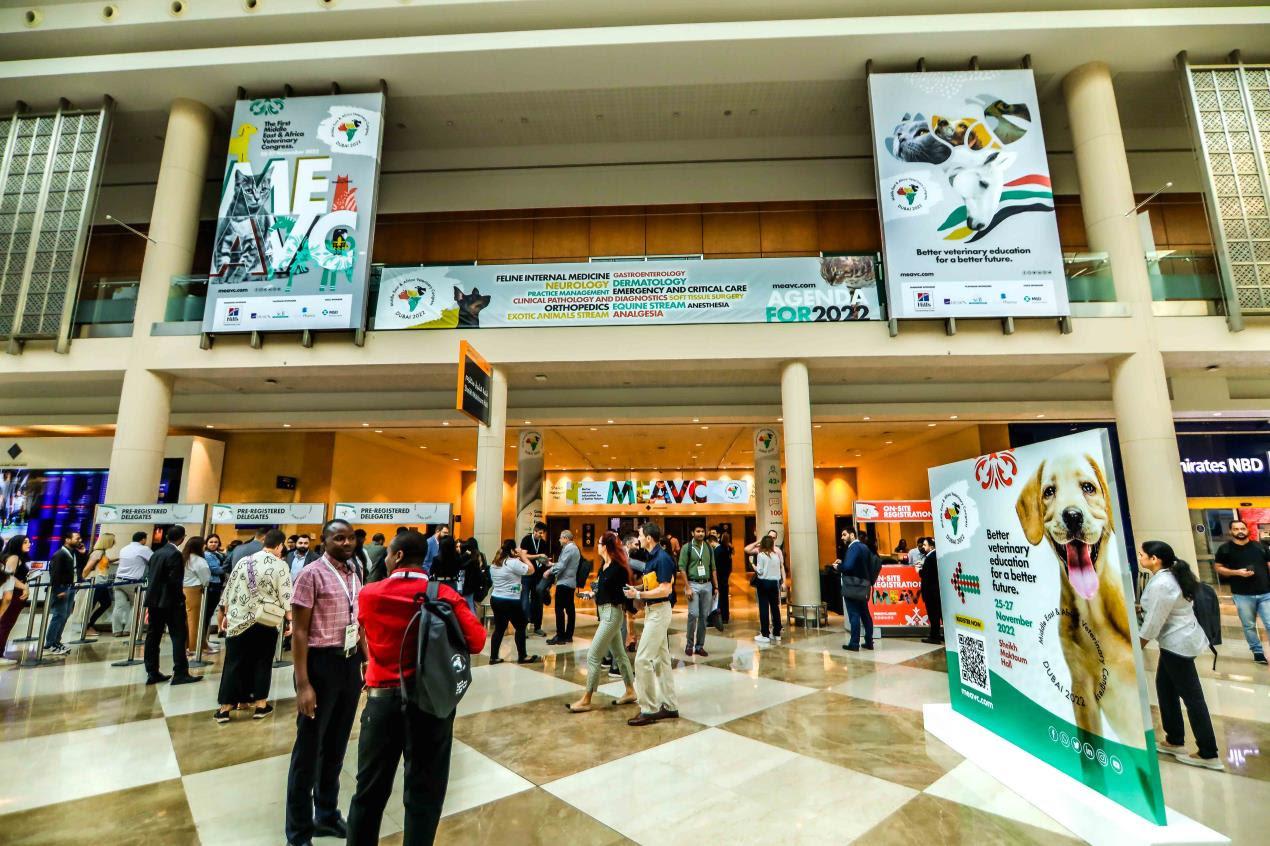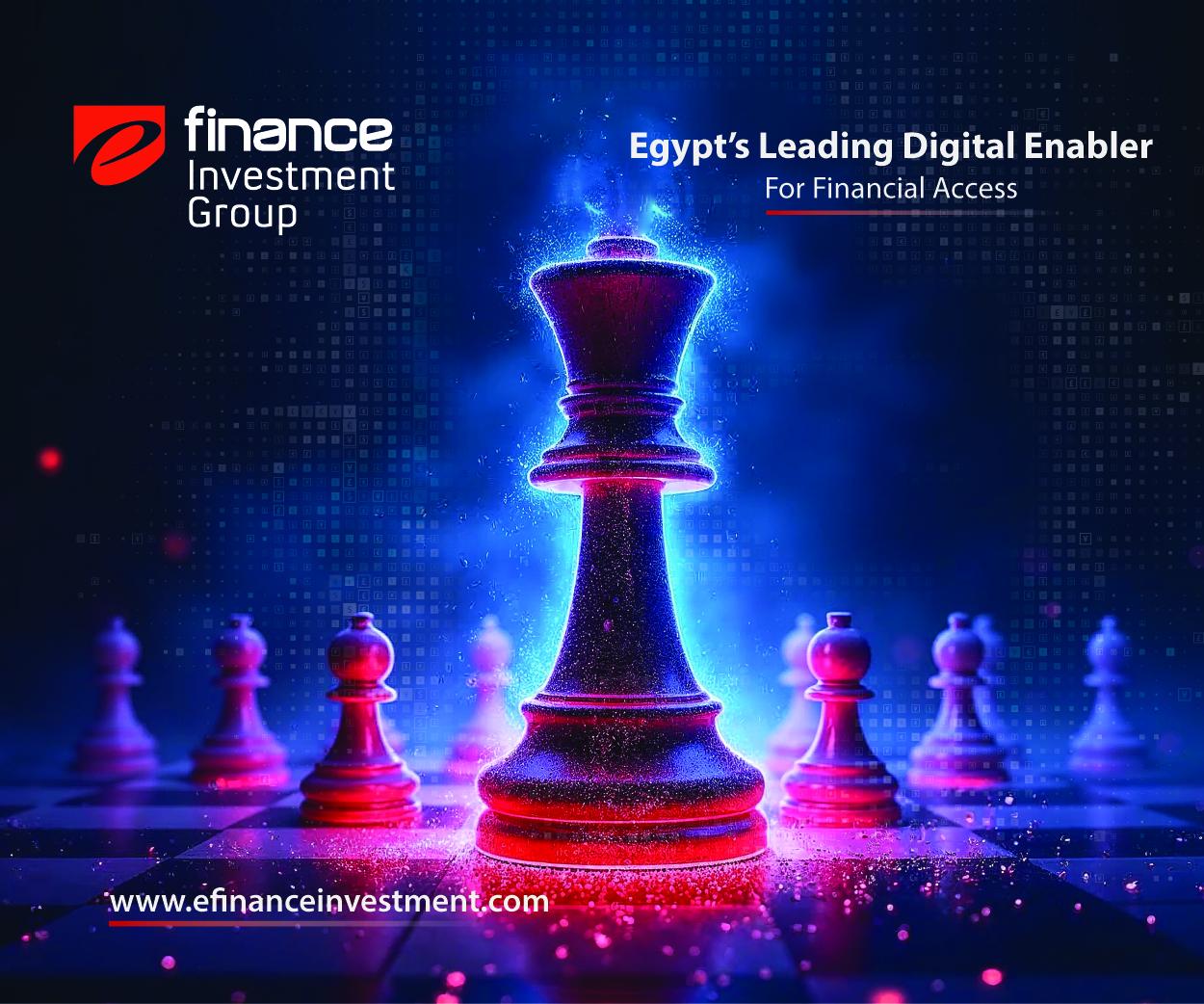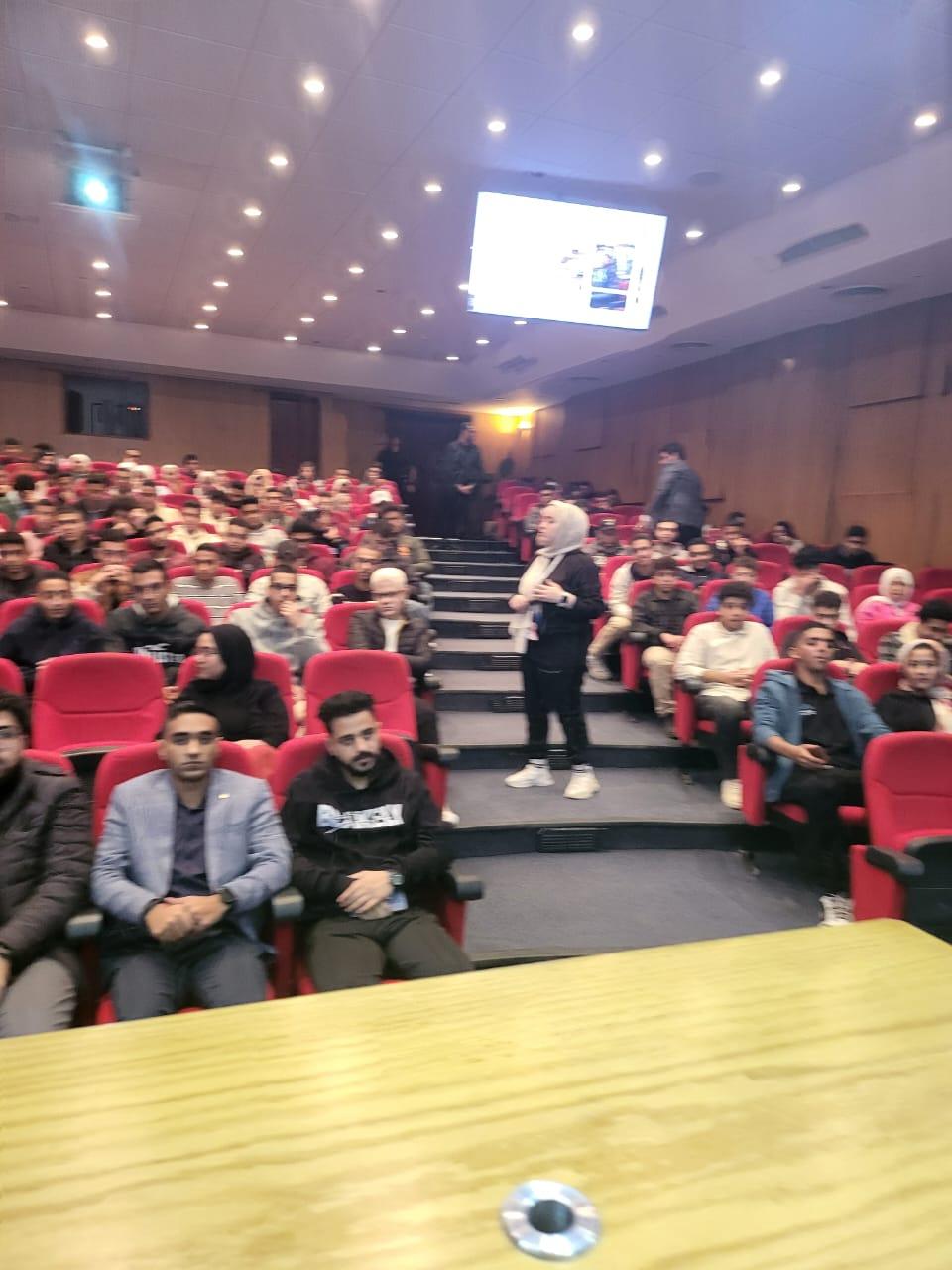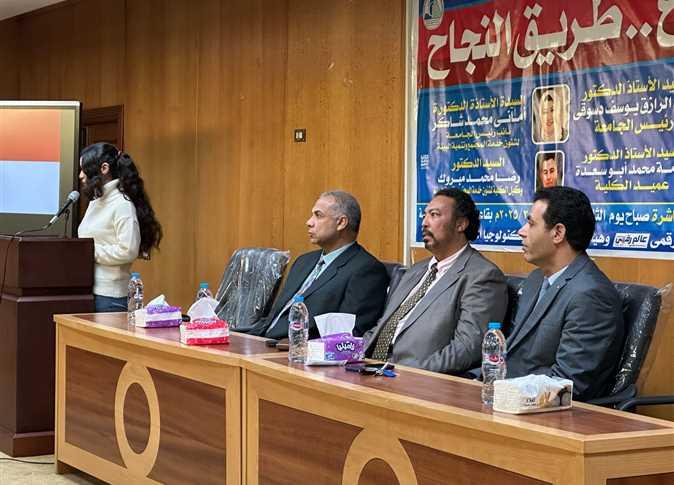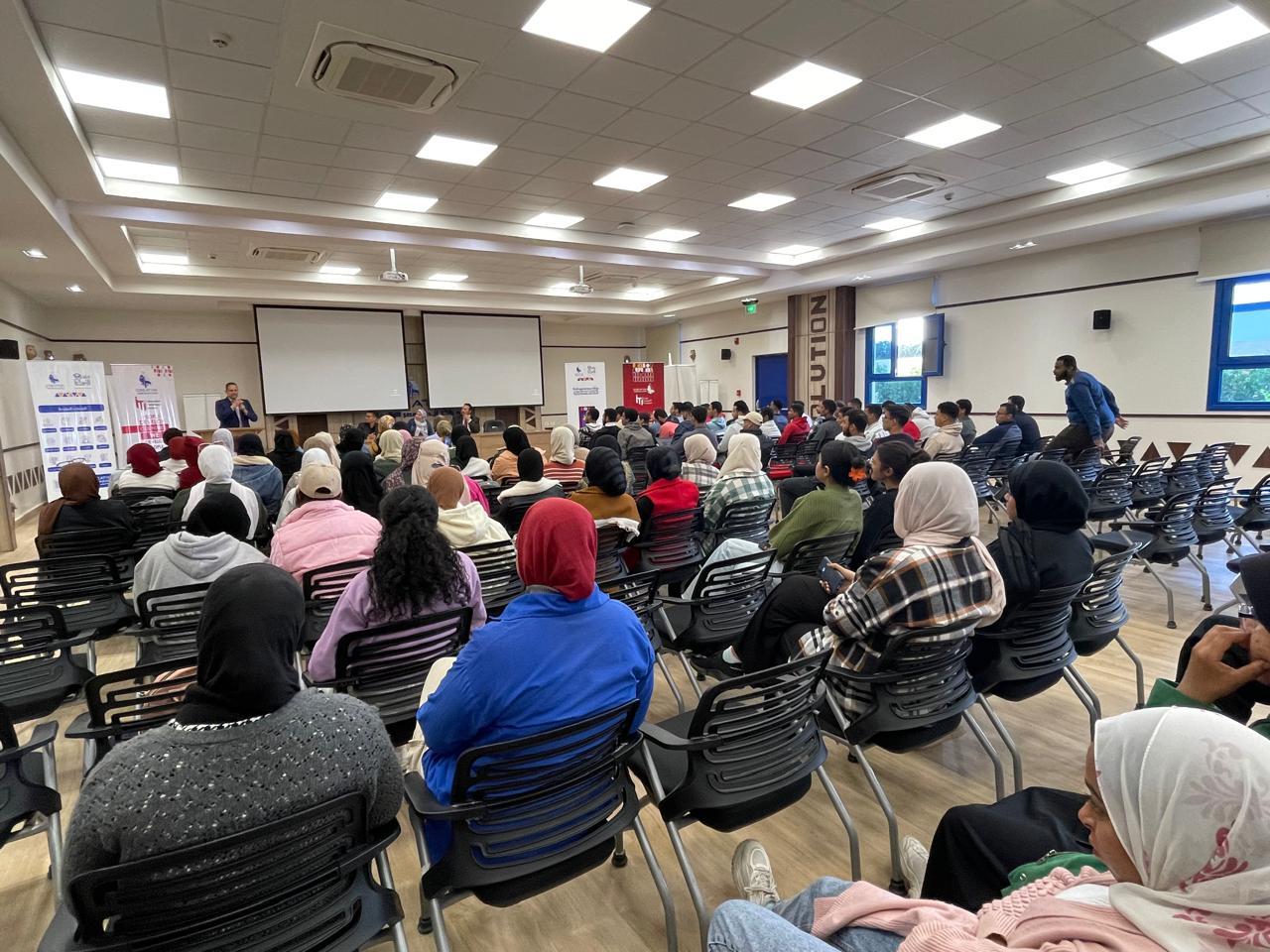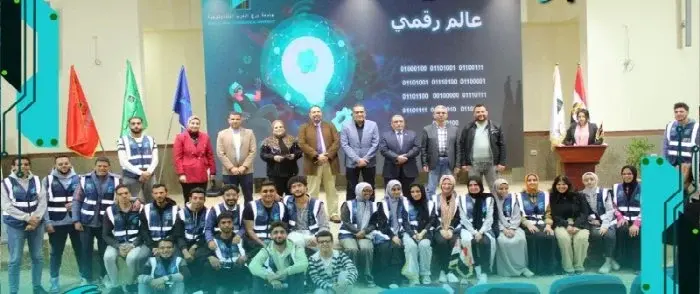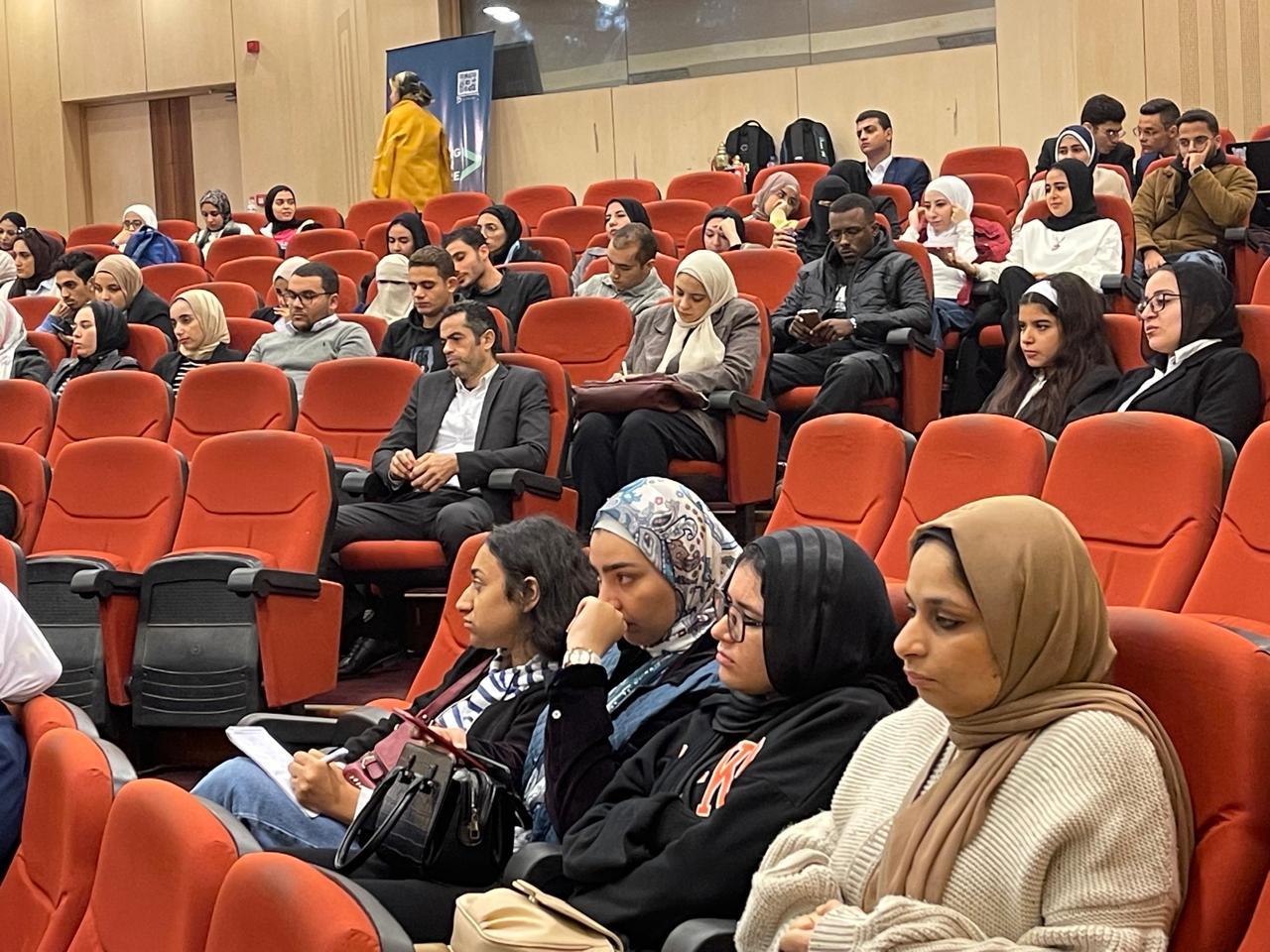By ; Adel Farig - Nelly ALI
It is without question that blockchain has been on the lips of innovators over recent years. The level of interest and investment from technology buffs, venture capital, and established companies alike suggest that the revolutionary technology is here to stay.
Launched today, PwC’s latest whitepaper titled “Establishing blockchain policy: strategies for the governance of distributed ledger technology ecosystems” dives into the challenges that blockchain and the broader distributed ledger technology landscapes pose - these include issues such as privacy, performance, unpredictability, security, access to law enforcement mechanisms, and cryptocurrency as a new type of asset. The solutions discussed -- which are based on the output commissioned by the Future Blockchain Summit through PwC and Smart Dubai’s 2nd Global Leaders Exchange roundtable hosted by the Dubai World Trade Centre -- aim to establish some ground rules, which will allow organisations to establish governance structures that will help them navigate the technological landscape, while understanding some of the most important components of a strategic approach to policy.
The collective this year dissected and developed upon the challenges – from technical to organisational and regulatory – that currently challenge the online ledger technology over two central themes: establishing policy for blockchain implementation, and positioning crypto-assets in a time of market turbulence.
The PwC analysis offered the following high-level strategies, which are explored in more detail in the report; namely:
The need for adoption of a technology-agnostic approach when implementing blockchain technologies, whereby identities and data formats constitute core interoperability capabilities
The PwC paper also stresses the importance of agile governance models, with organisations adopting flexible policies that can adapt to the ever-changing technological landscape
An innovative rather than a risk-averse approach to blockchain was also cited as key to success
PwC’s Technology Consulting Partner, Ahmad Abu Hantash, said: “The distributed ledger space might be the fastest growing area of innovation in the entire technology sector today. Along with huge potential to disrupt business and government operations, it presents many challenges. As with all emerging technologies, innovation, expansion, and development have been and will be led by both startups and major technology companies, collaborating and pushing each other to develop a sustainable technology. Predicting the way this will happen is beyond the scope of this paper, but the solutions presented here aim to establish some ground rules. These will allow organisations to establish governance structures that will help them navigate the rapidly changing technological landscape, while understanding some of the most important components of a strategic approach to policy. These components include identity as the basis of security, incentive models as funding strategies, and the balance of progress vs risk avoidance.
Oliver Sykes, Digital Trust Partner at PwC Middle East added: “Organisations need to adopt flexible policies towards blockchain that are ready for a fast-paced and ever-changing technology landscape. Rigid policies risk becoming quickly outdated. Depending on the appetite for innovation, policies can be either restrictive or permissive. Leaning too far to either end of this spectrum can yield negative results - stagnation if the policy is too restrictive, or harmful compromise if it is too permissive.
With the policy strategy set and tuned to be biased toward balanced permissiveness, the challenge becomes to improve through iteration, because in order to maintain a leadership position in a nascent field, agility is a crucial ingredient.”
PwC’s Ahmad Abu Hantash ends: “We are delighted to be collaborating with Smart Dubai again to launch the second indepth white paper, outlining how to successfully implement blockchain technology policies and governance to work towards developing technology ecosystem in the city.
The UAE has been very active and established in this space, it has already adopted flexible, optimistic and innovation-oriented attitudes towards blockchain and reaping its benefits. With launching several programmes; including a blockchain platform for government entities, and a legislative sandbox for fintech startups that enables them to explore the practicality of the technology in business, define regulatory changes and be prepared to adapt to them if necessary.”
PwC Middle East’s Technology Consulting Director, Jan Grabski will offer a presentation of the outcomes of this whitepaper at the GITEX Future Stars, the region’s biggest startup event, held at the Dubai World Trade Center, October 06 - 09 2019.







